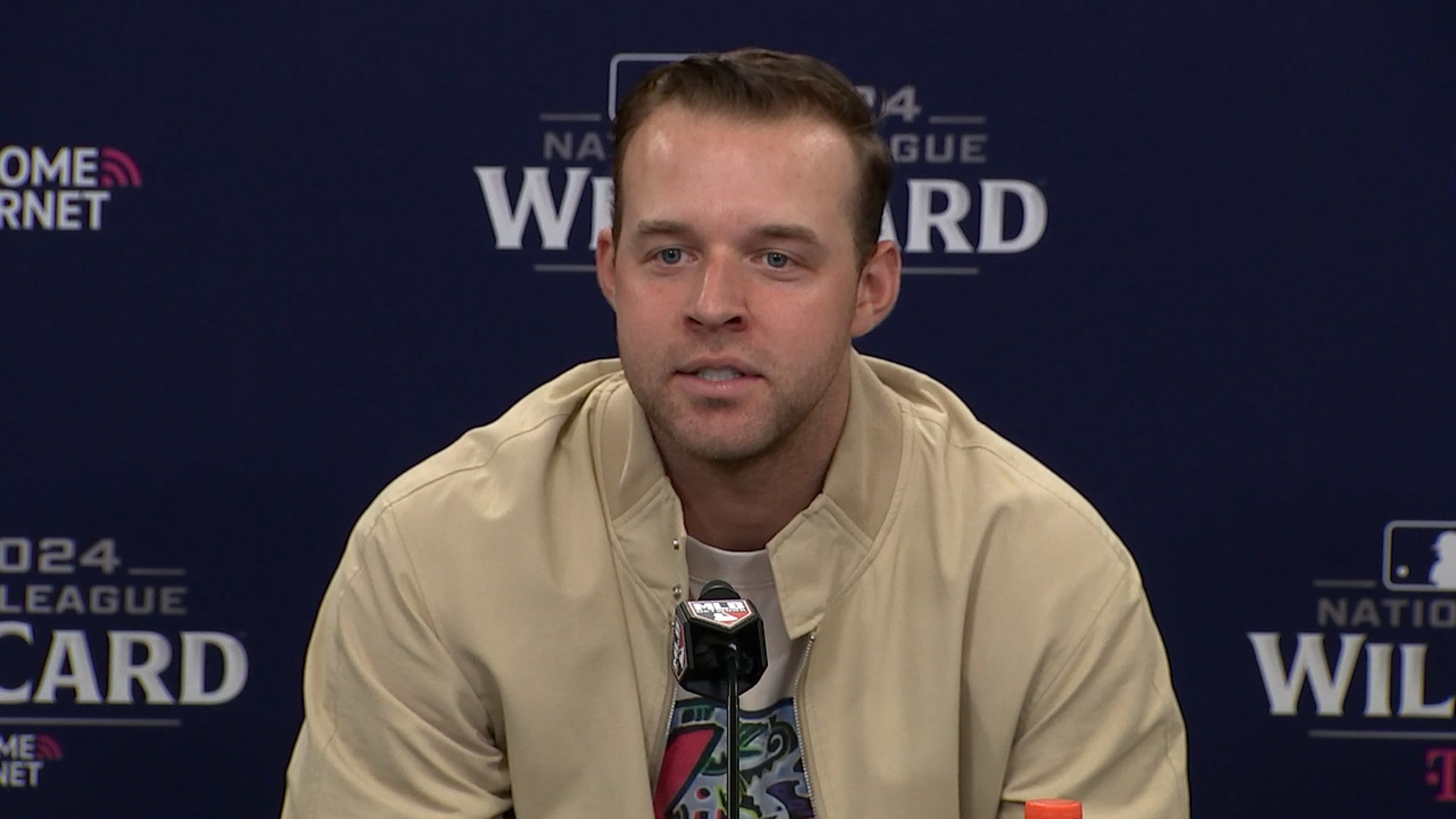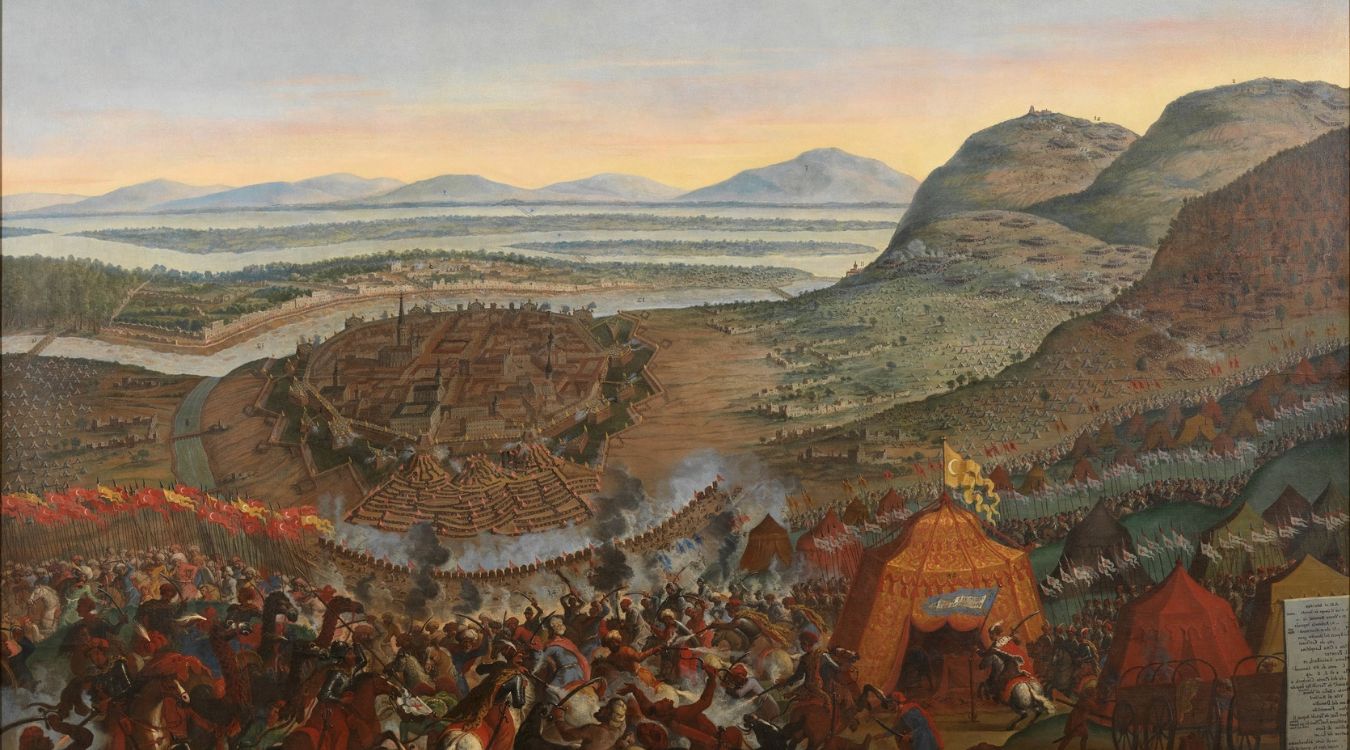
Did you know that Martin Luther King Jr. was originally named Michael King Jr.? Born on January 15, 1929, in Atlanta, Georgia, his father, Michael King Sr., changed both their names in 1934 to honor the Protestant reformer Martin Luther. This name change marked the beginning of a journey that would see King become one of the most influential figures in American history. From his early experiences with racial segregation to his pivotal role in the civil rights movement, King’s life was filled with remarkable events and achievements. His commitment to nonviolent protest and his powerful oratory skills left an indelible mark on the fight for equality.
Key Takeaways:
- Michael King Jr., later known as Martin Luther King Jr., overcame early challenges to become a prominent civil rights leader, advocating for nonviolent resistance and achieving significant legislative victories.
- King's legacy continues to inspire global movements for civil rights and social justice, with his commitment to nonviolent resistance and dream of a harmonious society remaining powerful ideals for contemporary activism.
Early Life and Education
Michael King Jr., who later became known as Martin Luther King Jr., had a fascinating early life that shaped his future as a civil rights leader.
- Original Name: Born Michael King Jr., his father changed both their names to Martin Luther King in 1934, inspired by the Protestant reformer Martin Luther.
- Early Life: King grew up in a comfortable middle-class family in Atlanta, Georgia, experiencing racial segregation from a young age.
- Segregation Experience: At six, he faced racial segregation when his white playmate's parents forbade them from playing together due to school segregation.
- Maternal Influence: His maternal grandmother's death in 1941 deeply affected him, leading to an attempted suicide at age 12.
- Education: King entered Morehouse College at 15, skipping grades 9 and 10, and graduated in 1948 with a Bachelor of Arts degree in Sociology.
- Summer Experience: In 1944, he spent a summer on a Connecticut tobacco farm, shocked by the peaceful coexistence of races in the North.
- Ministry Decision: Initially interested in medicine and law, he chose ministry in his senior year at Morehouse, influenced by mentor Benjamin E. Mays.
- Crozer Theological Seminary: King attended Crozer Theological Seminary in Pennsylvania, earning a Bachelor of Divinity degree in 1951 and learning about Gandhi’s nonviolence philosophy.
- Oratorical Skills: Renowned for his oratory, he was elected president of Crozer’s student body, composed almost entirely of white students.
Rise to Prominence
King's journey from a young minister to a national civil rights leader was marked by significant events and achievements.
- Nonviolent Tactics: Inspired by Gandhi, King believed in peaceful protest, using nonviolent tactics central to the civil rights movement's success.
- Montgomery Bus Boycott: In 1955, King played a key role in the Montgomery Bus Boycott, sparked by Rosa Parks' arrest, lasting 381 days and ending with a court ruling against segregation laws.
- Southern Christian Leadership Conference (SCLC): King led the SCLC, promoting nonviolent tactics and organizing significant events like the March on Washington in 1963.
- March on Washington: On August 28, 1963, King delivered his famous "I Have a Dream" speech at the March on Washington, attended by over 250,000 people.
- Civil Rights Act of 1964: The Civil Rights Act, passed in October 1964, outlawed racial segregation and discrimination, with King's efforts instrumental in achieving this landmark legislation.
- Nobel Peace Prize: In 1964, King was awarded the Nobel Peace Prize for his nonviolent resistance to racial inequality, becoming the youngest male recipient at the time.
Challenges and Triumphs
King faced numerous challenges, including assassination attempts and arrests, but his commitment to nonviolence never wavered.
- Assassination Attempt: On September 20, 1958, King survived an assassination attempt by Izola Ware Curry, who stabbed him with a letter opener.
- Arrests: King was arrested 29 times for civil disobedience and other charges, often related to his participation in protests against segregation.
- Speeches and Public Appearances: He delivered over 2,500 speeches, including weekly sermons and media appearances, known for their eloquence and impact.
- Books and Publications: King authored five books, including "Stride Toward Freedom" and "Why We Can't Wait," documenting civil rights movements and struggles.
- Grammy Award: King received a Grammy Award for Best Spoken Word Album for his speech "Why I Am Opposed to the War in Vietnam."
Personal Life and Legacy
King's personal life and legacy continue to inspire movements for civil rights and social justice globally.
- Family and Spouse: Married to Coretta Scott King, a singer and activist, they had four children and were a united front in the civil rights movement.
- Legacy: King's legacy extends beyond his lifetime, inspiring global movements for civil rights and social justice.
- Assassination: Tragically, King was assassinated on April 4, 1968, in Memphis, Tennessee, by James Earl Ray.
- James Earl Ray: Ray was convicted of King's murder and spent the rest of his life in prison, dying in 1998 without recanting his confession.
- Civil Case Against the Government: King's family filed a civil case against the government, concluding that his death resulted from a conspiracy involving local, state, and federal agencies.
Impact and Recognition
King's impact on the civil rights movement and his recognition as a leader are evident through various honors and memorials.
- Historical Significance: King's leadership was fundamental to the civil rights movement's success, ending legal segregation in the South and other parts of the U.S.
- Statue in Washington D.C.: A statue of King stands in Washington D.C., commemorating his tireless work during the Civil Rights Movement.
- TIME Man of the Year: In 1963, King became the first Black person named TIME Man of the Year, highlighting his significant contributions to civil rights.
- Nonviolent Philosophy: Deeply influenced by Gandhi, King believed nonviolent resistance could bring significant change without violence.
- Civil Rights Movement: The movement, led by King, aimed to end racial segregation and discrimination, with key events like the Montgomery Bus Boycott and the March on Washington pivotal in achieving these goals.
Notable Works and Speeches
King's writings and speeches remain powerful statements on civil rights and social justice.
- Rosa Parks: Parks' arrest for refusing to give up her bus seat sparked the Montgomery Bus Boycott, with King playing a crucial role in organizing and leading it.
- Letter from Birmingham Jail: In 1963, King wrote this letter arguing for the necessity of direct action in the face of injustice, a powerful statement on civil rights.
- Stride Toward Freedom: King's book documented the Montgomery Bus Boycott's significance in the civil rights movement, providing insight into his early leadership.
- Why We Can't Wait: This book discussed the urgency of the civil rights movement and the need for immediate action to address racial inequality.
- Favorite Sermons: King published a book of his sixteen favorite sermons, emphasizing love and compassion in achieving equality.
Honors and Awards
King's eloquence and impact were recognized through various awards and honors.
- Public Speaking Skills: Known for his eloquence, King won an oratory contest in Georgia at 14, speaking on "The Negro and the Constitution."
- Grammy Nominated Speech: His speech "Why I Am Opposed to the War in Vietnam" earned a Grammy nomination for Best Spoken Word Album.
- Assassination Attempt Details: On September 20, 1958, King was stabbed by Izola Ware Curry at a book signing event in Harlem, surviving due to prompt medical care.
- Civil Rights Act Impact: The Civil Rights Act of 1964, outlawing racial segregation and discrimination, was a significant legislative achievement of the civil rights movement, with King's efforts instrumental in pushing for this landmark legislation.
- Legacy Continues: King's legacy continues to inspire social justice movements globally, with his commitment to nonviolent resistance and dream of a harmonious society remaining powerful ideals for contemporary activism.
Michael King's Enduring Legacy
Michael King Jr., better known as Martin Luther King Jr., left an indelible mark on history. From his early experiences with racial segregation to his pivotal role in the civil rights movement, his life was a testament to the power of nonviolent resistance. His leadership during the Montgomery Bus Boycott, his stirring "I Have a Dream" speech, and his relentless fight for equality led to significant legislative changes like the Civil Rights Act of 1964. Even after his tragic assassination, King's influence continues to inspire movements for social justice worldwide. His commitment to nonviolence, eloquent speeches, and unwavering dedication to equality remain powerful reminders of what one individual can achieve. Michael King's legacy is not just a chapter in history books but a living, breathing inspiration for future generations striving for a more just and equal society.
Frequently Asked Questions
Was this page helpful?
Our commitment to delivering trustworthy and engaging content is at the heart of what we do. Each fact on our site is contributed by real users like you, bringing a wealth of diverse insights and information. To ensure the highest standards of accuracy and reliability, our dedicated editors meticulously review each submission. This process guarantees that the facts we share are not only fascinating but also credible. Trust in our commitment to quality and authenticity as you explore and learn with us.


